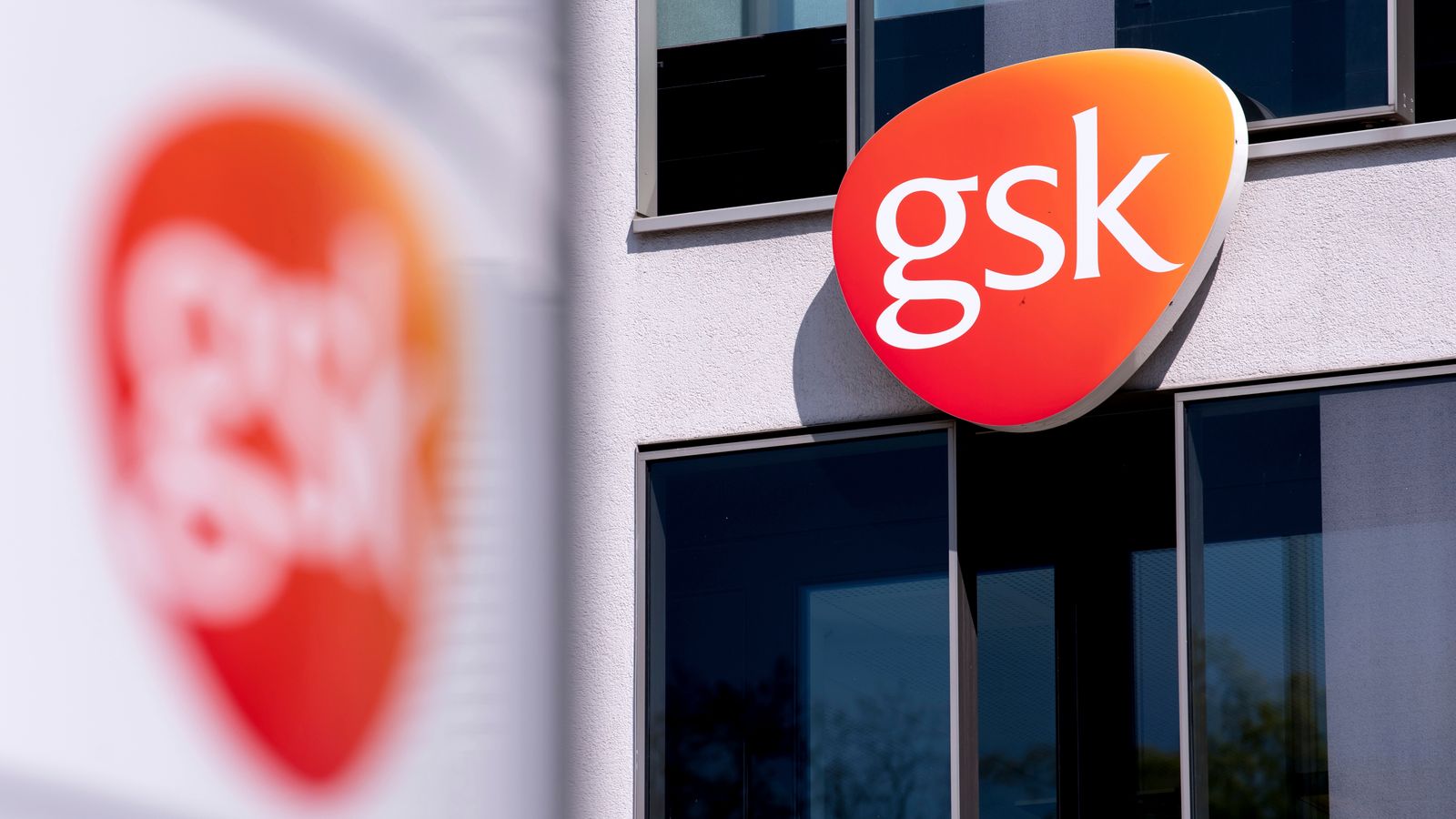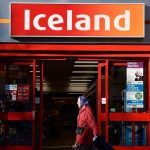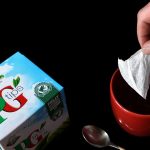Unilever’s £50bn offer for the consumer healthcare arm of Glaxosmithkline (GSK) has been rejected – but this feels like the start of what could turn out to be a protracted takeover battle.
That is despite the share price reaction to the news, which at one point saw shares of Unilever fall by more than 8%, partly reflecting unhappiness on the part of its shareholders.
For in its public statements on Monday morning, Unilever – which apparently made three separate offers to GSK for the business – made clear it has no intention of giving up the chase, at least not yet.
The company said: “Consumer Health is a highly complementary category for Unilever, with good potential for synergies and a number of routes to build scale.
“GSK Consumer Healthcare would be a strong strategic fit. 45% of GSK Consumer Healthcare is in Oral Care and VMS (vitamins, minerals and supplements) – categories in which Unilever already has presence and substantial capabilities.
“OTC (over the counter) would be an attractive adjacent category, with the ability to combine Unilever’s consumer and branding expertise with GSK Consumer Health’s technical OTC capabilities. The acquisition would create scale and a growth platform for the combined portfolio in the US, China, and India, with further opportunities in other emerging markets.”
Were a deal to go through – and most commentators believe Unilever will have to raise its offer to £60bn to succeed – it would be one of the biggest deals in UK corporate history.
Amazon to continue accepting Visa credit cards in UK as it bids to resolve payment dispute
COVID-19: Credit Suisse chairman Antonio Horta-Osorio resigns nine months into role after bank probe finds he breached quarantine rules
Scottish offshore wind farm contracts worth £700m awarded as Nicola Sturgeon welcomes ‘really exciting’ future
It would also represent a massive change of strategic direction for Unilever.
The company currently has three divisions. The largest by sales is beauty and personal care, including brands such as Dove, Lifebuoy and Axe, which trades under the Lynx brand in the UK.
Then there is food and refreshment, which includes brands such as Magnum, Ben & Jerry’s, Knorr, Colman’s, Hellmann’s and Marmite.
The third and smallest division is home care, which includes brands such as Cif, Comfort, Domestos and Omo.
Unilever has been trying to simplify its portfolio of brands for some years now as it seeks to focus on a smaller group of global blockbusters. In December 2017, for instance, it sold its spreads business – owner of brands such as Flora – to the private equity firm KKR for £6bn.
More recently, in November last year, it announced the £3.8bn sale of its tea business, which owns brands such as PG Tips and Brooke Bond, to the private equity firm CVC.
It is a task that has taken on greater urgency amid unhappiness from Unilever’s shareholders amid a lacklustre performance compared with global peers such as Procter and Gamble and Nestle.
One of the UK’s best-known fund managers, Terry Smith, amplified those concerns last week when he accused Unilever of spending too much time pondering its ‘purpose’ rather than on maximising shareholder returns.
He told his investors: “A company which feels it has to define the purpose of Hellmann’s mayonnaise has in our view clearly lost the plot. The Hellmann’s brand has existed since 1913 so we would guess that by now consumers have figured out its purpose (spoiler alert – salads and sandwiches).”
Making Unilever’s task harder has been the take-off of inflation during the last year.
But Alan Jope, who has just completed his third year as Unilever’s chief executive, clearly feels something more radical is required. The company this morning brought forward a strategic update in which it pledged “the accelerated divestment of intrinsically lower growth brands and businesses” which, given the aim to focus in future on health, beauty and hygiene, suggests that the food and refreshment division is likely to be sold or demerged.
Yet the approach is not without risks. For a start, implicit in pursuing its interest in GSK’s consumer healthcare division is a massive increase in borrowing, taking Unilever’s debts from the current £19bn to somewhere north of £55bn.
That would make sales of other assets all the more imperative. And that is even before the possibility of a counter-bid, probably from the private equity sector, is taken into account – potentially pushing up the ultimate price Unilever has to pay to a point beyond which an acquisition would make sense.
Then there would be the integration risk and also the risk that Unilever might struggle to raise sales growth in the new business to that being enjoyed in its existing businesses.
It is fair to say the City has its doubts that Unilever’s management could do that.
As Richard Buxton, fund manager at Jupiter and one of GSK’s biggest shareholders, put it somewhat brutally to the Financial Times today: “The idea of letting the goons at Unilever run it [GSK’s consumer health arm] is laughable. There is no price at which I would want to sell it to them.”
All of this, of course, assumes that GSK and Pfizer, which has owned a minority stake in the business since it was created in 2018, agree to play ball. The demerger of the consumer health division has been in play for nearly two years and GSK may regard it as simpler just to crack on with it – and leave Unilever to take its chances by trying to buy the business once it has been demerged.
News of the approach has also, meanwhile, served to intensify unease among Unilever’s shareholders about the company’s prospects.
As Guillaume Delmas, analyst at UBS, put it in a note to clients today: “We have repeatedly argued that Unilever’s operational difficulties are primarily reflective of the group’s challenging product category exposure, rather than the result of some hypothetical subpar execution or strategic mistakes.
“We therefore believe that a transformational deal remains Unilever’s fastest way out of its current operational predicament.
“However, the magnitude of Unilever’s rejected bid (circa half of Unilever’s current market capitalisation), the uncertainty around Unilever’s desire to raise its initial offer over and the timing of the offer (deal approached from a position of weakness following a year of share price underperformance) will likely add to investors’ concerns and to the opacity surrounding the group’s medium-term prospects.”
And that, in turn, may have wider repercussions. Unilever has been in a state of permanent revolution since in 2017 it attracted unwanted takeover interest from US rival Kraft Heinz.
That was rebuffed and was swiftly followed by a failed attempt to simplify the company’s share structure and site its headquarters in the Netherlands. Mr Jope pressed ahead with that simplification but instead chose to locate Unilever’s HQ in London.
That bought the company time with its shareholders, who had hated the idea of the business being located in the Netherlands, but unhappiness has mounted since.
The biggest risk of all for Mr Jope is that this offer does not materialise in the deal he is seeking – but instead again makes Unilever a takeover target.






















